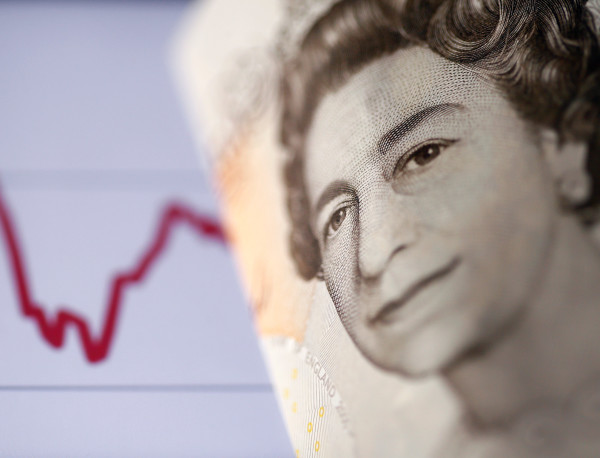

Industry figures have warned that the spike in inflation could push investors into riskier assets as they try to scoop up inflation-beating returns.
The consumer price index, which measures inflation, climbed to 1.6 per cent in December, according to data from the Office for National Statistics published on 17 January.
This jump, which is up from the 1.2 per cent recorded in November, beat expectations and marked the highest level of inflation in 29 months.
But a number of industry professionals have warned of the impact this could have on investments.
Russ Mould, investment director at AJ Bell, said: “If inflation does take hold – but does not zoom off to the double-digit levels of the 1970s – then it would seem reasonable to expect stocks to outperform bonds.”
In particular, he said the skinny yields currently offered by (vanilla) sovereign bonds would be swiftly eroded in real terms by the surge in prices.
“Index-linked or floating-rate bonds would, however, be a potential bolt-hole and there are some funds which specialise in these areas,” Mr Mould said, using the M&G Index-Linked Bond as an example.
Mr Mould also said stocks with a lot of debt or big pension deficits could do well, because inflation will erode the value of those liabilities in real terms, while pension deficits could fall if bond yields rise.
Commodities and raw materials, particularly silver and gold, could also do well, he argued, adding this helps to explain why the best performing stocks in the FTSE 100 over the past month have been mining and commodity firms.
But the investment veteran said in the long-term, however, the best response to inflation is to target companies which have pricing power and can therefore grow their dividends.
Firms with pricing power are the type sought by those funds whose style could perhaps best be described as “quality growth”, meaning they could underperform in the short term but produce steady returns through both capital growth and income.
He said Terry Smith’s Fundsmith Equity fund and Lindsell Train's UK Equity and Global Equity offerings are all examples of 'quality growth' funds.
Ben Brettell, senior economist at Hargreaves Lansdown, said: "Inflation is generally seen as bad news for corporate and government bonds because it makes their fixed interest payments and fixed redemption value, worth less in real terms."
Yet he pointed out that much of the current rising inflation will already be priced into bond markets with yields rising since last summer.
"Higher inflation won’t necessarily lead to higher interest rates in this instance so the environment should stay relatively benign, at least in the short term."
Mr Brettell also said shares are the best-placed asset class to deal with inflation over the long term, adding: "All things being equal, companies will be able to raise their prices in line with inflation and thereby maintain their margins."
With this in mind, he said share prices and dividends should keep pace with inflation, adding: "Inflation also diminishes the attractiveness of other asset classes, especially cash, making the dividend yield from shares look attractive by comparison."
Rachel Springall, finance expert at Moneyfacts, said: “Savers who would typically be warier about where they place their hard-earned cash could turn to riskier investments to attempt inflation-beating returns.”
She warned this could be a “cause for concern” if it’s done without proper guidance.
Other warnings have come from pension providers.
Kate Smith, head of pensions at Aegon, pointed to the pension freedoms, and said while this provides a great deal of flexibility, people will need to think carefully about how they invest and access their savings to protect against inflation.
Last month, concerns were raised that savers could suffer if inflation manages to surpass its 2 per cent target.
Alistair McQueen, head of savings and retirement at Aviva, pointed to the impact rising inflation can have on different age groups, with the under 30s being affected more than any other age group due to spending on education and housing costs.
“The price pressure on younger generations is still greater, but the gap is closing fast.”
Mr McQueen added: “Price inflation is back for all ages. In the last few months, it has been a forgotten phenomenon for older consumers, however, people of all ages will have to get used to rising prices once again.
“Balancing budgets, managing money and saving smarter will help consumers navigate these different times.”
katherine.denham@ft.com



